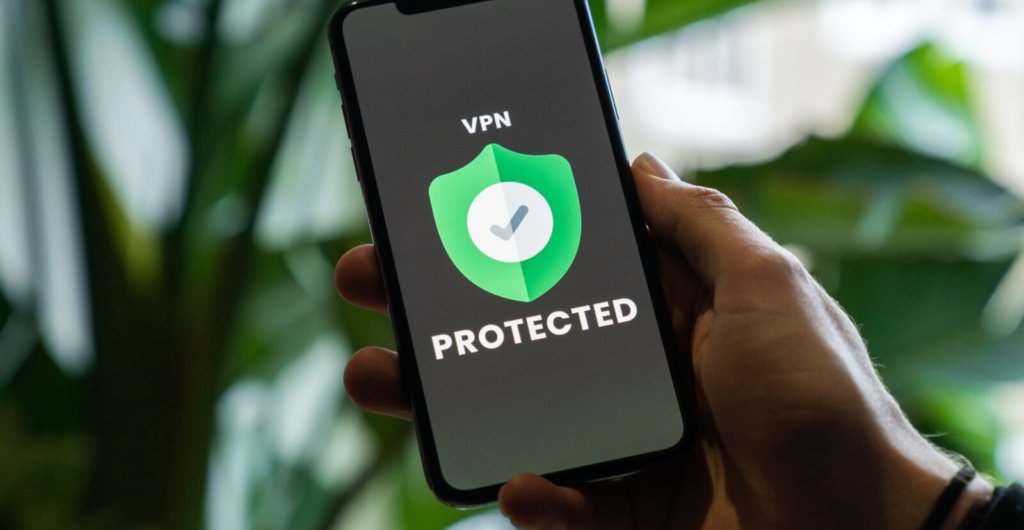
It seems as though every day we hear about another business that’s victimized by a data breach. In the first half of 2021 there were 1767 publicly reported data breaches which led to the exposure of over 18 billion confidential records. Yes, we said billion. And, the businesses that were lucky enough to not become a statistic from these cyber attacks, aren’t quite out of the woods yet as this number is only expected to rise. As a Seattle-based app development firm, we too have seen a substantial uptick in requests regarding cybersecurity and app security from our existing and potential clients. So we thought it may be useful to discuss this in a bit of detail.
This development is causing a sinking feeling in the stomachs of business executives on a global scale, as it seems all but inevitable that their organization will encounter some form of cyber threat. So, what can they do to protect their business? Fortunately, there are a plethora of cyber strategies and cyber defense tools, both active and coming to market, designed to reduce the risk of these incidents.
Throughout this article we will be discussing some of the prominent cybersecurity threats that experts are seeing in 2021. In addition, the conclusion of this article will touch on some common defense measures that can help businesses reduce, or even mitigate these threats.
Phishing Attempts are on the Rise

As if the physical effects from the COVID-19 pandemic weren’t enough, this global crisis opened the door for many cyber attackers to claim new victims. And, one of the most preeminent threats that provoked this “big bang” of cyber crime was the influx of phishing attempts. More specifically, instances of phishing rose by over 220% during the height of the global pandemic as compared to prior years. That’s a massive increase!
Now, for those who may not know, “phishing” is the act of a cyber criminal sending fraudulent emails or messages with the intent to trick the victim into sharing confidential information with the hacker. And, while these attacks might seem easy to mitigate or avoid, the sad reality is that phishing is responsible for most of the data breaches we hear about.
One of the primary reasons for this is due to “phishers” placing an emphasis on making fraudulent emails and websites appear more legitimate. In fact, an F5 study found that most of these phishing websites used encryption, with over 72% of them using valid HTTPS certificates as a means to trick victims.
Malware and Ransomware

Ransomware, a form of malware used to threaten victims with the exploitation of confidential information, has also seen a substantial increase in usage over the past few years. In fact, in 2020 the FBI received 2,500 complaints of ransomware attacks, which was an increase of about 20% from the year prior. Likewise, the total cost of ransomware attacks amounted to $29.1 million in 2020, up 200% from 2019.
So, why is ransomware on the rise? Well, as it turns out, many businesses that have been infected with ransomware are opting to pay the ransom in exchange for their stolen data, and cyber criminals are catching on to this cooperation. Other contributing factors include the use of cryptocurrencies like Bitcoin, which have little regulation, making the “getaway” for these criminals much more plausible.
Don’t Forget About Insider Threats

Did you know that insider threats account for around 22% of security incidents? Additionally, from 2018 to 2020 there was a 47% increase in the amount of “insider threat” related security breaches. In other words, insider threats are costing businesses millions of dollars, and damaging the reputations of these companies.
Surprisingly, the vast majority of these threats don’t come from malicious employees. Rather, about 62% of these threats are caused, on accident, by negligent employees, whereas only about 14% are committed by employees with malicious intent. Nonetheless, all insider threats have the potential to all but cripple businesses.
What Should Businesses Do?

So, how do businesses mitigate these cyber threats? Well, with many businesses now having a large portion of their network rooted in mobile and remote devices, much of the cybersecurity protection that businesses receive comes from the use of applications and software designed to warn of vulnerabilities and shield users against malicious threats.
For instance, Avast Antivirus makes a smartphone security app for Android users that includes anti-spam, intelligent antivirus, safezone browser, and smart scan to name a few features. As more and more application developers produce security tools designed to protect businesses against malicious attacks (such as phishing and ransomware), it won’t be long before we see the integration of mobile security apps within all enterprise network infrastructure.
From there, businesses can focus on security strategies such as the NIST cybersecurity framework, in order to identify resources that need protection, how to protect these resources, and how to respond in the event of a data breach. In addition, businesses should integrate heightened security policies such as restricted access controls and multi-factor authentication (MFA), to greatly reduce the risk of an attacker gaining access to sensitive information.
If you’re interested in learning how Dogtown Media can help bring your app ideas to market while maintaining a high level of security contact us. We’d love to help!





